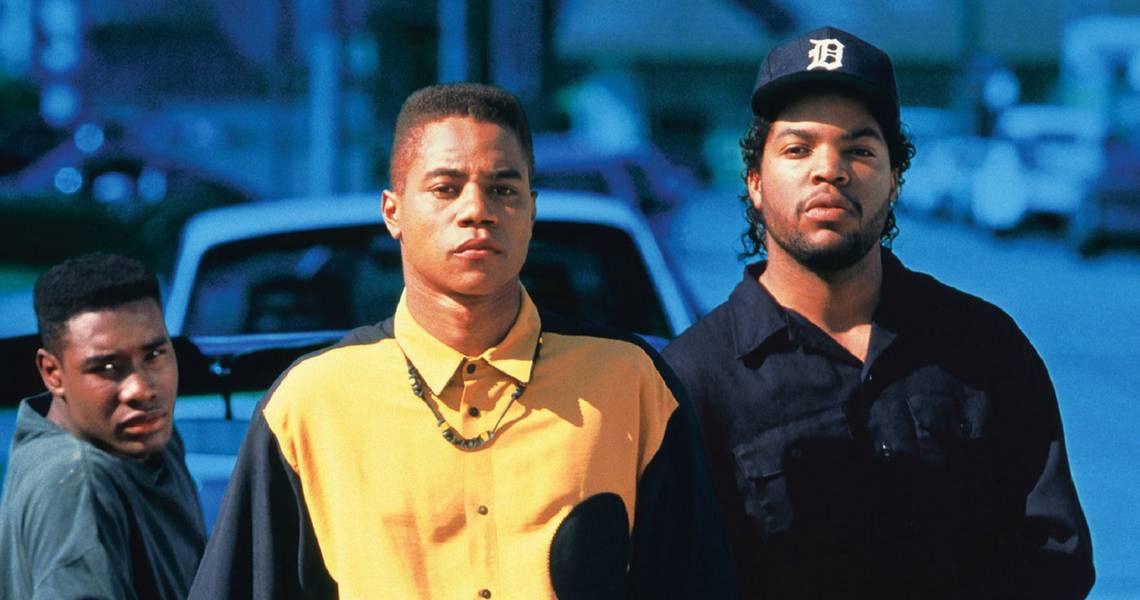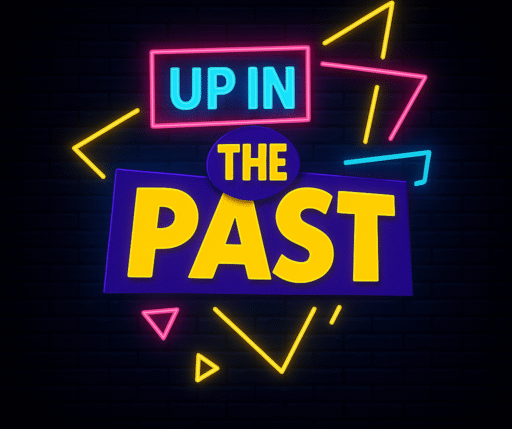
Capturing the Culture: 9 Groundbreaking Black Films from the 1990s
The 1990s marked a powerful era in Black cinema, when filmmakers began telling raw, authentic stories about life in urban America. These films were not just entertainment—they were cultural statements, artistic expressions, and reflections of real-life struggles, dreams, and relationships. Among the most iconic are Boyz n the Hood, Menace II Society, Juice, Poetic Justice, Jason’s Lyric, Fresh, South Central, Just Another Girl on the I.R.T., and The Wood. Together, these films shaped how the world viewed Black youth, family, love, and survival in a rapidly changing world.
Boyz n the Hood (1991)
Directed by John Singleton at just 23 years old, Boyz n the Hood is widely regarded as the film that opened the door for Black coming-of-age stories in mainstream Hollywood. Set in South Central Los Angeles, the film follows three young men—Tre, Doughboy, and Ricky—as they navigate the dangers of gang violence, poverty, and broken family structures. With powerful performances from Cuba Gooding Jr., Ice Cube, and Morris Chestnut, the film balances hard truths with emotional depth. Singleton earned two Oscar nominations, making history and setting a new standard for storytelling in Black communities.
Menace II Society (1993)

Where Boyz n the Hood offered introspection, Menace II Society delivered a grittier, more relentless look at inner-city violence. Directed by the Hughes Brothers, the film centers on Caine, a young man growing up in Watts, who is caught in a cycle of crime and retaliation. With fast-paced storytelling and unflinching realism, the movie serves as both a warning and a tragic character study. It’s a brutal reminder of how environment and choice intersect—sometimes with deadly consequences.
Juice (1992)
Starring a young Tupac Shakur and Omar Epps, Juice explores friendship, ambition, and the thirst for power. Set in Harlem, the story follows four teenage friends who commit a robbery that spirals out of control. Tupac’s portrayal of Bishop, a charismatic but dangerous youth craving respect, is unforgettable and chilling. The film is known for its suspense, its exploration of loyalty turned to betrayal, and its gripping depiction of how quickly life can unravel when violence becomes a means to self-worth.
Poetic Justice (1993)
Poetic Justice, directed by John Singleton, took a more introspective and romantic turn. Janet Jackson stars as Justice, a young woman dealing with grief after the murder of her boyfriend. Alongside Tupac Shakur’s character Lucky, she embarks on a road trip that becomes a journey toward healing and understanding. What sets Poetic Justice apart is its blend of street realism with tenderness, emotion, and poetry—literally, through Maya Angelou’s verses woven into the narrative. It was a softer, yet still poignant, reflection of Black love and resilience.
Jason’s Lyric (1994)
In Jason’s Lyric, the focus shifts to the psychological scars of trauma and the search for peace. Allen Payne stars as Jason, a young man trying to leave his violent past behind and start a new life with Lyric, played by Jada Pinkett. The film juxtaposes love and violence, family loyalty and personal growth. It dives deep into the emotional toll of growing up around abuse and crime, highlighting the power of love to both heal and complicate that journey.

Leave a Reply